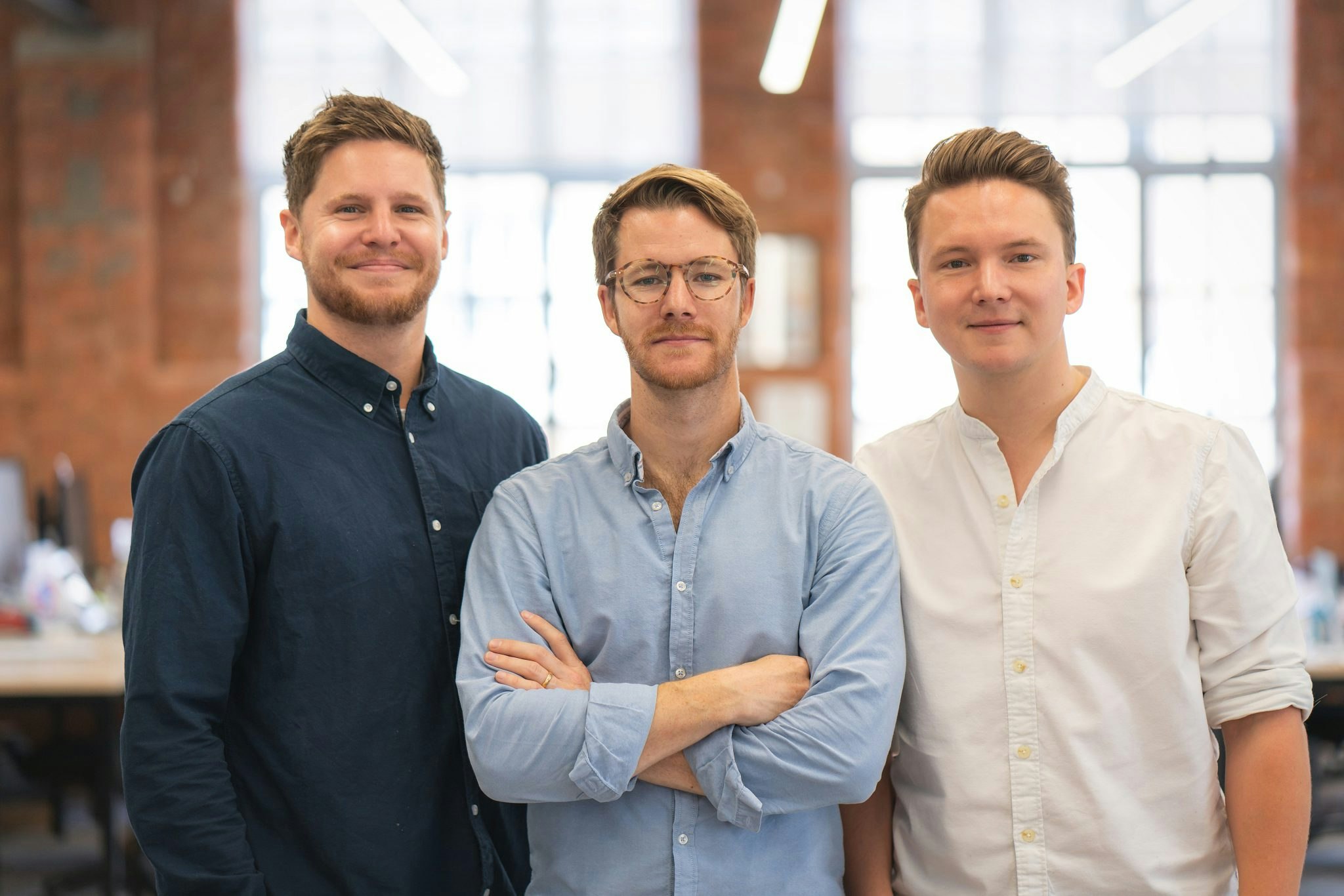Gut health startups that collect poo by post are “absolutely not ready”, says Hamish Grierson, the founder of medical blood testing startup Thriva.
Jonathan Relph, the founder of blood testing rival Vitl, told Sifted that stool-tests are simply “too early” to market.
The single sample tests are a load of BS.
Such dismissal could be expected from health startups who’ve chosen to focus on blood or DNA tests rather than your ‘microbiome’ (better known as the balance of bacteria in your gut).
But the criticism of the emerging stool-testing sector, which is attracting hundreds of millions in venture capital funding and dozens of new startups, doesn’t just stop at rivals. What’s surprising is that players inside the space are raising red flags too.

“The single sample tests are a load of BS,” says Kristofer Cook, founder and chief executive at Swedish microbiome test startup Carbiotix (a Lund-based company that’s raised €1.1m to date).
“These companies have the audacity to make recommendations based upon one sample, it’s crazy,” he tells Sifted. “No one is collecting enough data. And even when you do, it's not enough to inform any actual advice that stands up bar the generic ‘eat more fibre’.”
Today Carbiotix sells single test kits (in addition to monthly subscriptions), but this is to “appeas[e] the market”, Cook says.
The company is now shifting away from selling directly to consumers (into therapeutics and b2b) and Cook says his company would never attempt to make recommendations, beyond fibre intake.
Despite this, Cook is happy to partner with companies like UK cereal brand TrooFoods, and let them sell a silver bullet if they choose. “They make that decision,” he laughs.
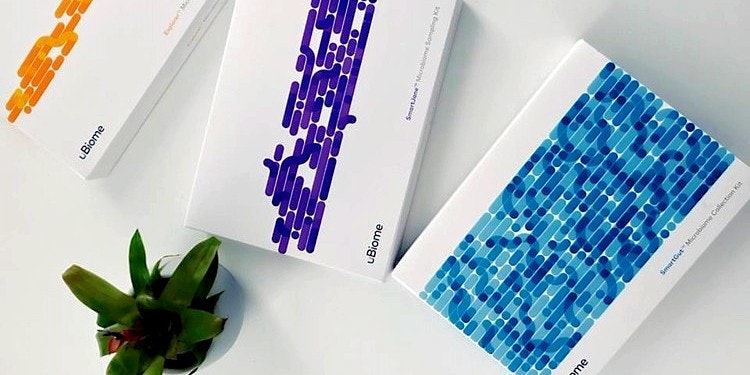
Future unicorns or poonicorns?
Despite this scepticism, there are dozens of startups around the world bigging up the value that gut health tests offer to consumers.
In America, uBiome was on the right track towards unicorn stardom, raising $83m last year, bringing its total funds to $110m, and its valuation to $298m.
The San Francisco startup — which is currently in hot water over its billing practises and has suspended two of its test kit lines — has sent its ‘Explorer’ microbiome test kits to hundreds of thousands of paying customers (these cost $89 each, or are discounted for subscribers).
The US market is so “advanced” in this area, even animals are being sold their own gut biome tests through startups like NomNomNow (which has raised more than $13m).
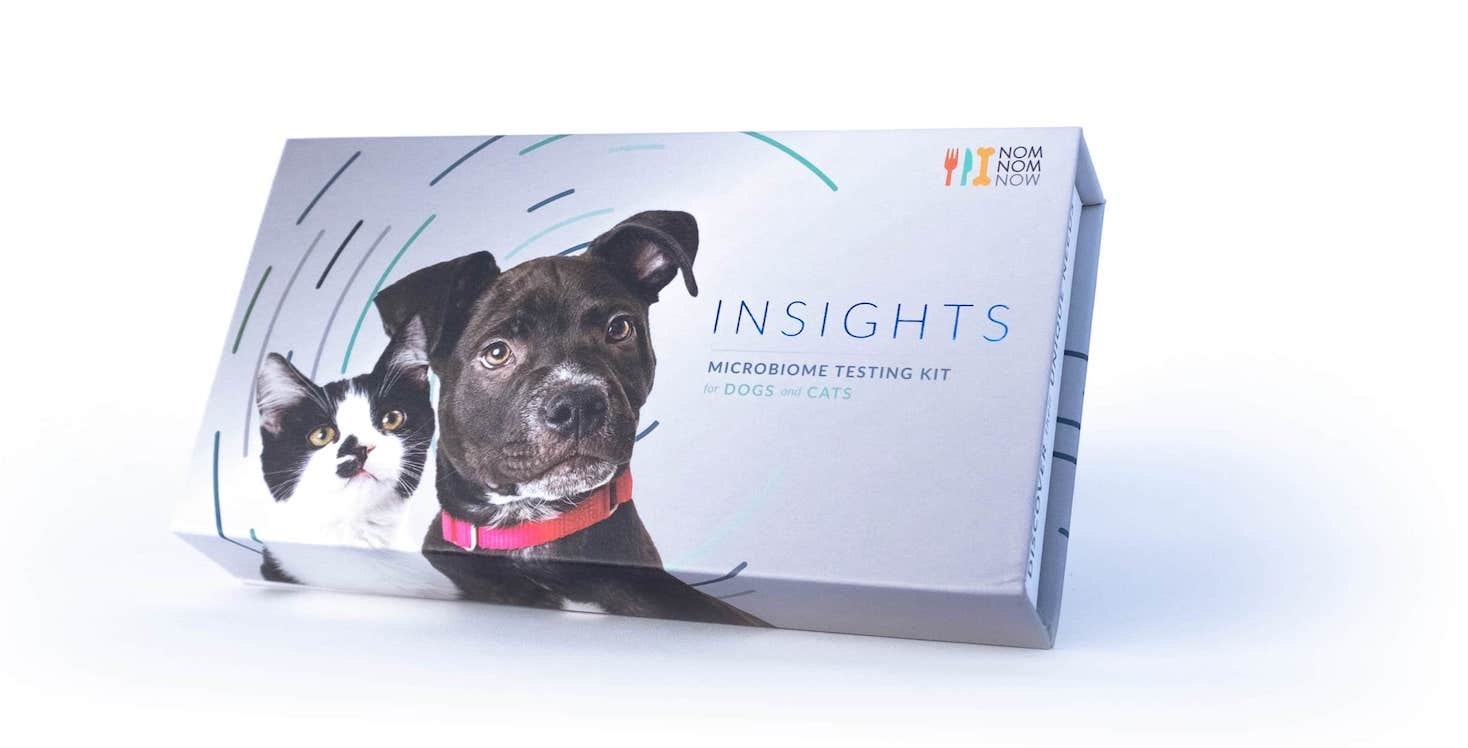
“At some point Ubiome took the gut and that business model from [genetic testing startup] 23andMe and managed to convince a lot of people that you could take one test to get all this wonderful data. It's a complete fallacy,” says Cook.
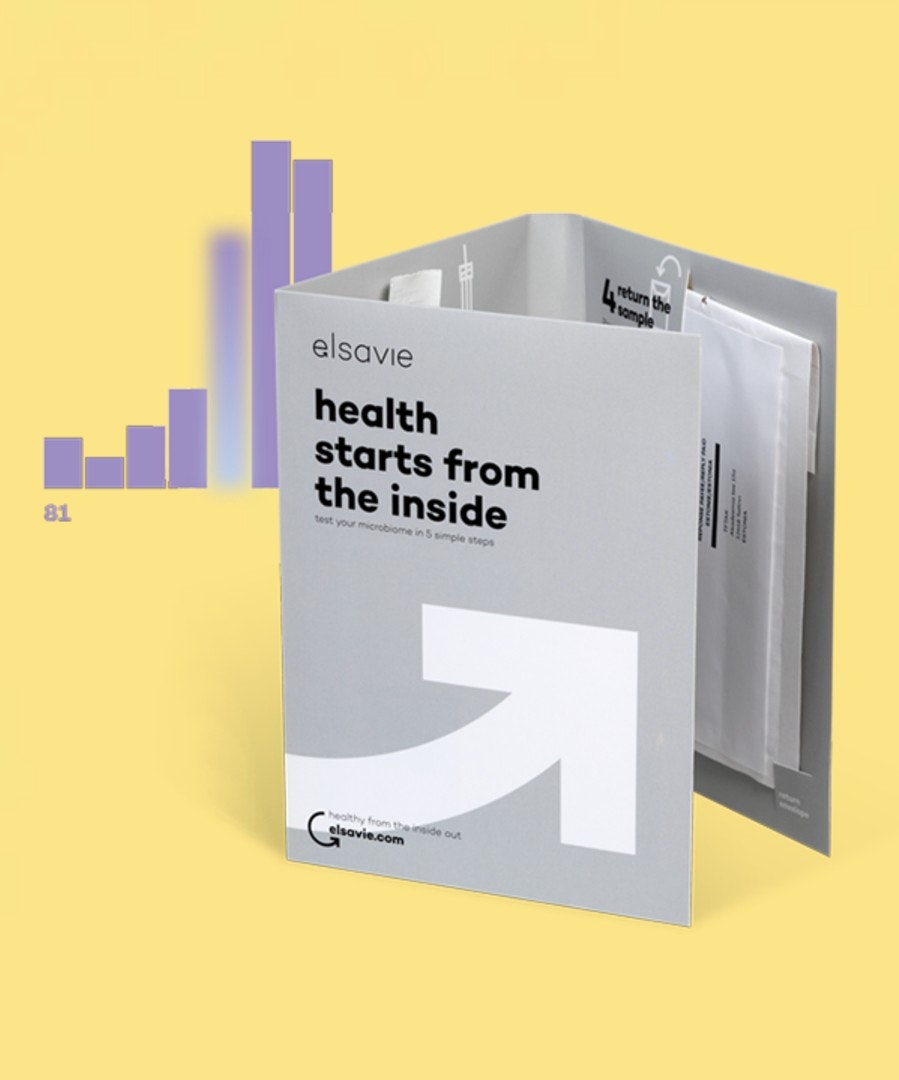
Other startups in this stool-testing market include; London business Atlas Biomed which closed a $4m round last year bringing its funding to $8m; Israeli firm DayTwo, which closed a round of $31m earlier this year bringing its funding pot to $48m and American startup Sun Genomics (which has $3m behind it).
Keeping hype at a high are younger businesses which are springing up all the time: Elsavie is an Estonian startup spun out of Center of Food and Fermentation Technologies (TFTAK) this year, while Biomes, a German company founded in 2017, pitched to crowds at Noah Berlin startup festival this summer. A new Swedish startup called Symbiome is just six-months old but has secured $320K in angel investment.
Can all these businesses, many backed by investors, really be pulling a fast one?
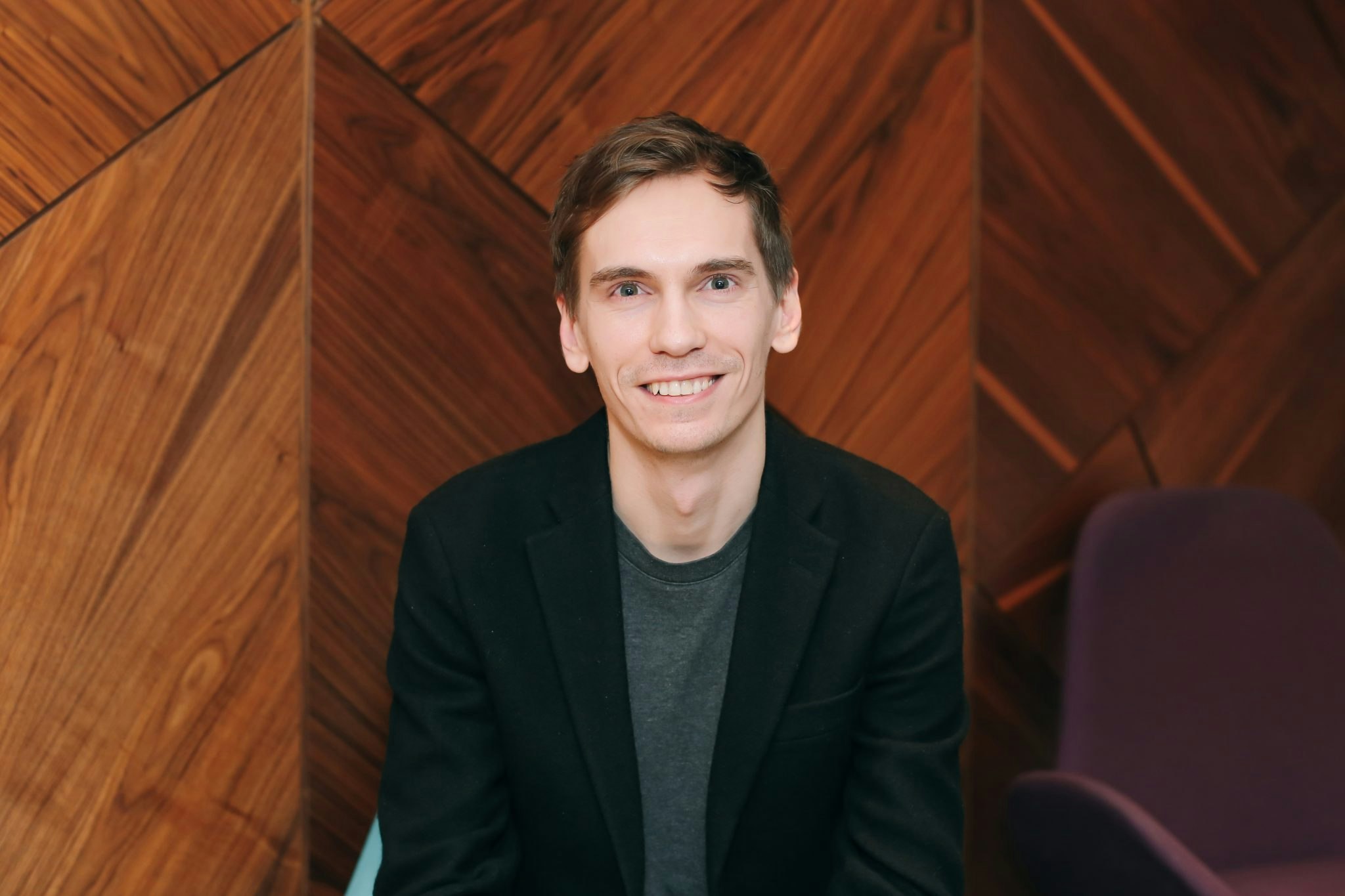
Inside Atlas Biomed ($8m)
Atlas Biomed chief executive Sergey Musienko is at the company’s London office in a room that looks out across the River Thames to Tate Britain and a busy Vauxhall Bridge (it also has offices in Moscow).
We’re not claiming to be a diagnostic.
The bioinformatician founded the company in 2016 and its first stool tests were sent out in 2017 (although Musienko first conceived of the business much earlier at California’s Singularity University back in 2011).
“Personal genomics were on the rise, 23andMe was just growing and it was quite obvious that this thing's going to explode,” he says. “To get to preventative medicine, to understand the whole picture I knew we needed to mix different data sources.”
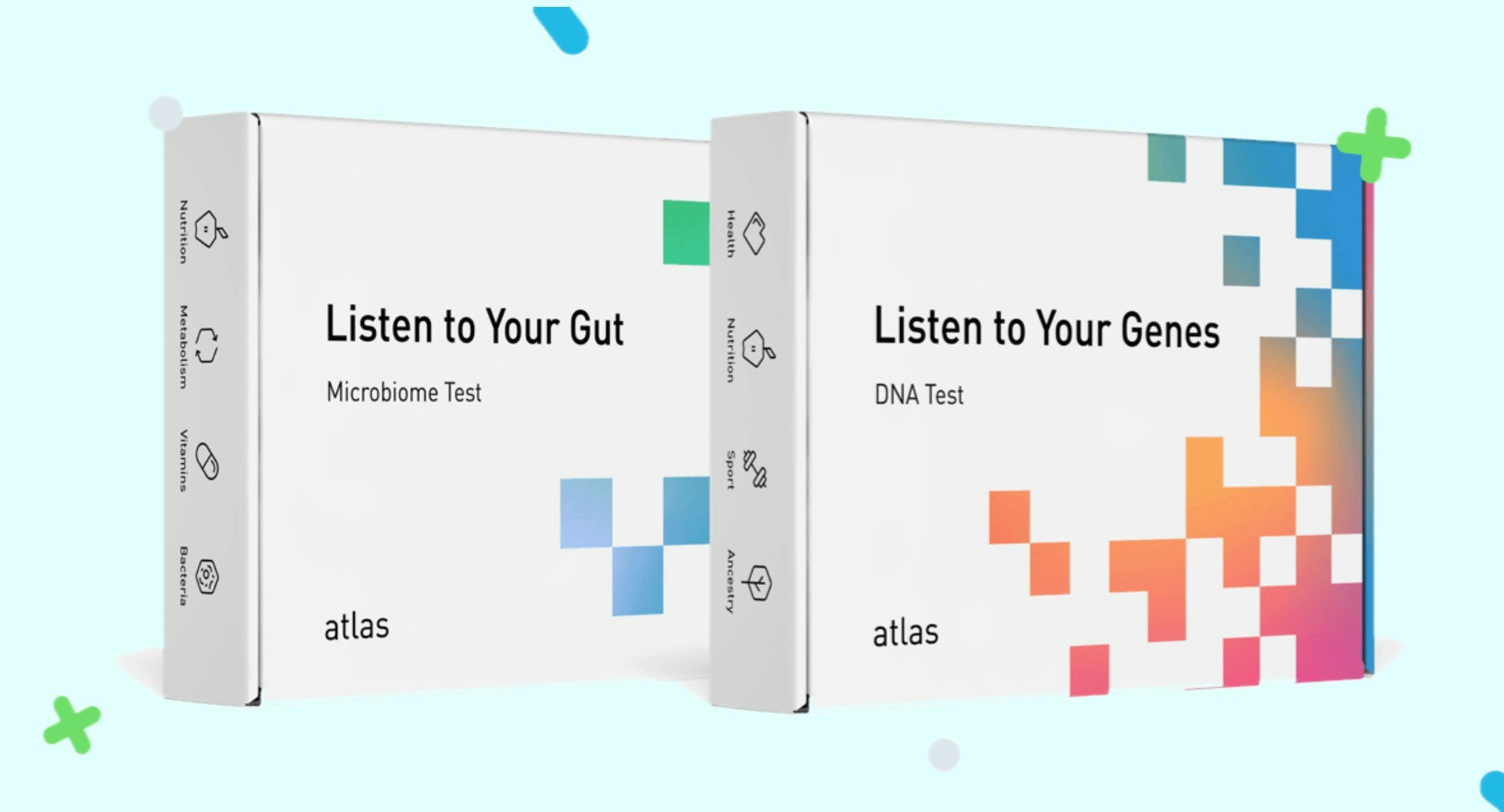
True to promise, Altas Biomed does today sell both DNA and microbiome test kits for around £140 each, or discounted together (with a £99 subscription available for repeat gut tests).
Its samples are analysed in a certified EU laboratory in the Netherlands, using technology called ‘16S rRNA genetic sequencing’ to assess how “similar” your gut is to patients with obesity, type II diabetes, Crohn’s disease, ulcerative colitis and cardiovascular disease. Atlas Biomed is also the only company in the UK to have the approval of the British health regulator, the MHRA for the sale of the DNA and microbiome test directly to consumers.
But Musienko speaks freely about the fact his microbiome tests cannot yet be used as diagnostic predictors.
“We're not there yet,” he says. “We're not claiming to be a diagnostic. What we're saying is you might be at higher risk for developing a disease, because we can show you your microbiome pattern is similar to people that normally have this disease.”
[caption id="attachment_5723" align="alignright" width="261"]
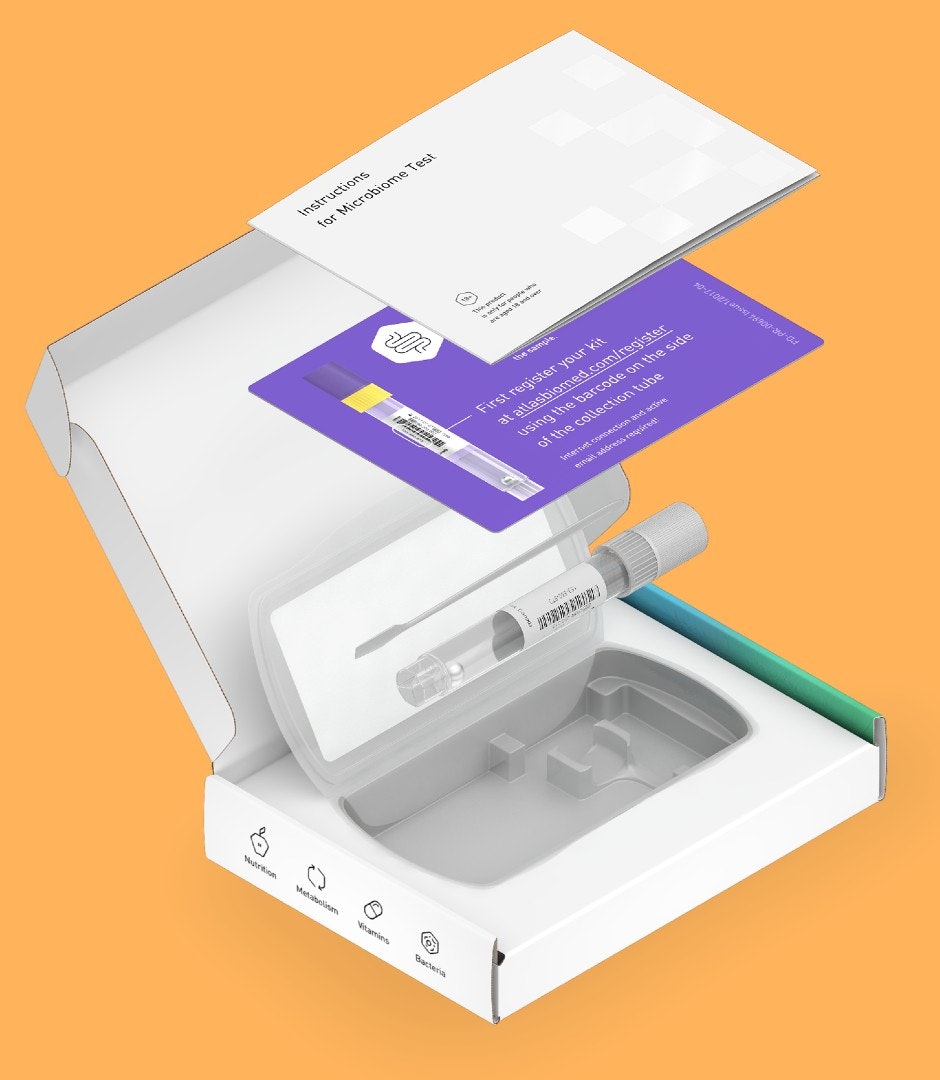
Inside Atlas Biomed's microbiome test kit.[/caption]
Indeed, one of the first things you see if you open an at-home kit is a paper label that states it is “not a diagnostic tool” — although such frank wording is, perhaps tellingly, not obvious on the startup’s website.
Meanwhile, Atlas Biomed is seeking to scientifically validate itself. Its running half a dozen clinical trials with academic partners as well as with probiotics companies to prove different kinds of diagnostics and interventions. Some of these 2-year trials are expected to conclude later in 2019.
However, if Atlas kits could diagnose (or pre-diagnose) certain ailments, there’s still no proven action it could tell patients to take: while one probiotic or dietary or lifestyle shift might work for one person, it might not for another, says Musienko. “There are about 500 different types of bacteria inside you and there's no simple solution on how to move this whole cloud of parameters into their perfect balance,” he explains.
Musienko justifies having early skin in this — as yet unproven — game because he believes microbiome science will, like genomics, develop at pace, faster than Moore’s Law (which observes the rapid rise in the power of microchips). Tens of thousands of scientific papers have been published on the topic since the Human Microbiome Project first set about identifying human microbial flora in 2007.
And while he too believes a subscription model offers best results, he stands by the idea that people might want “a snapshot” of their health.
“They might just be curious. It's better than doing nothing because, at the same time, many people have no idea how imbalanced their bacteria are,” he says. “Moreover, there are many people who think they eat a lot of vegetables and fruits but across UK, I believe we eat around 15 grams of fibre a day.” We ought to be eating 30 grams.
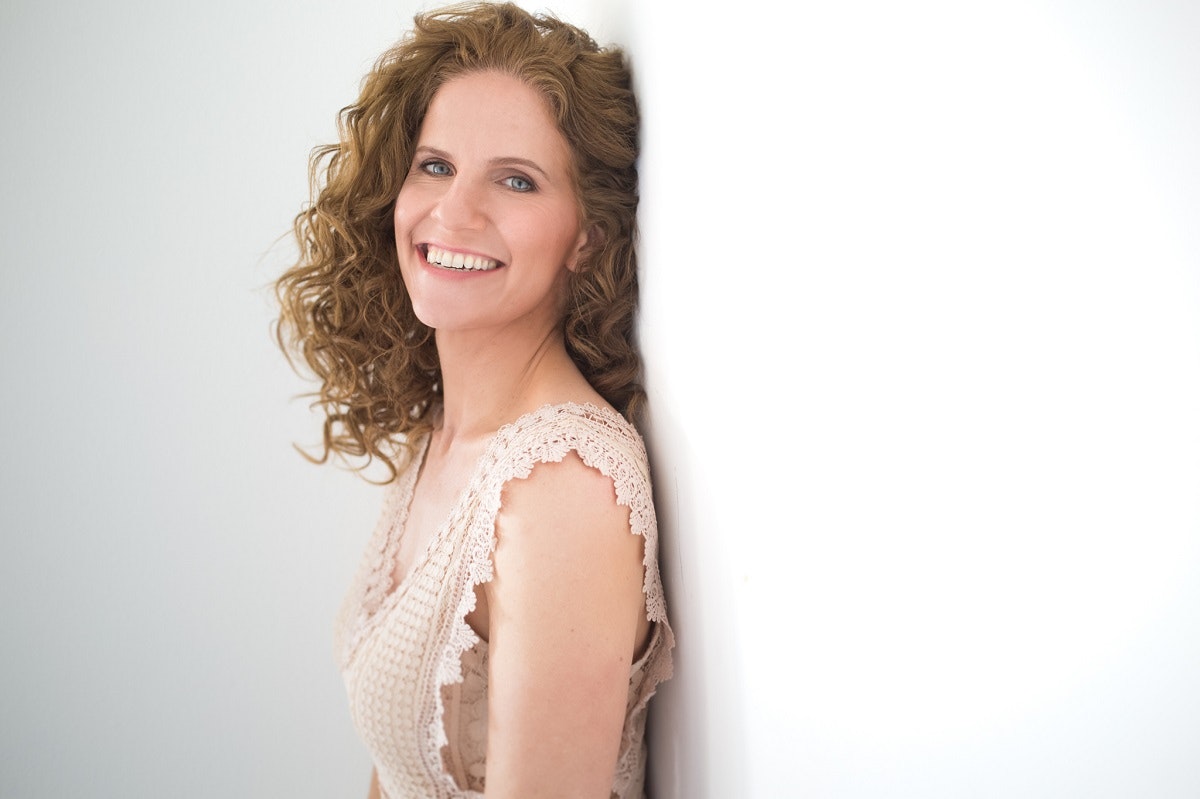
DayTwo is backed by clinical studies
Not every startup is waiting for the science to catch up with them, either.
It does hurt us when companies are not based on science.
At the other end of the scale is Israel’s DayTwo, founded in 2015, which has conversely built its business off the back of completed clinical studies.
Its founder and CEO, Lihi Segal, says hers is the only microbiome startup based on proven science, thanks to its work with the Weizmann Institute in Rehovot (in 2015) and the Mayo Clinic in (2019).
“There's a Silicon Valley way to doing things where you put a shiny product out, it doesn't matter what it's based on, and then you start scrambling,” Segal tells Sifted. “The one thing that's based on science is DayTwo.”
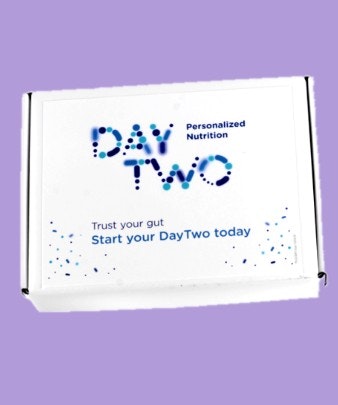
DayTwo also differs, in that instead of building a solution for the masses, its started by targeting one need for just one market, diabetes patients.
“DayTwo is not a curiosity based thing, it's not that we profile your gut microbiome and tell you some cool things around it. We have an actionable outcome that helps you better manage your post-meal sugar spikes,” Segal explains.
While the founder appreciates that other startups are putting the “microbiome” at the front of consumer minds, she also believes that startups that get ahead of themselves do a disservice to the whole industry. “It does hurt us when companies are not based on science,” she adds.
DayTwo started selling its microbiome tests in 2017, now the startup has 40,000 customers (largely in Israel, with some in the US) who use its test kits and predictive model-based diet recommendations. It offers general microbiome data on the side of its proven diabetes analysis, and it aims to develop this offering as it collects data and draws scientific conclusions over time.
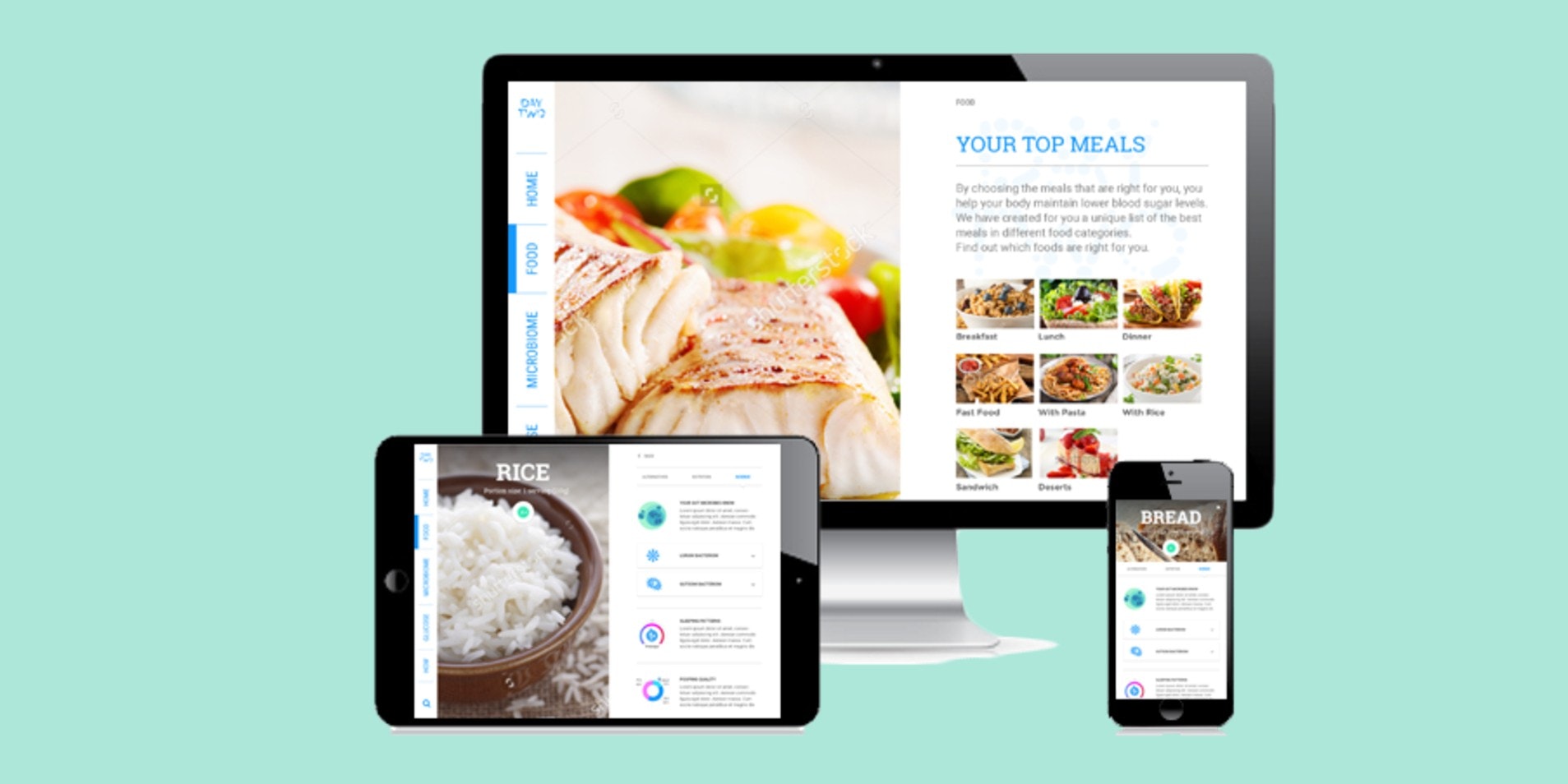
Its study-first approach has even attracted the attention of typically wary and slow-moving health providers, like Israel’s Clalit, which insures 4.5 million members.
DayTwo’s latest funding is now continuing clinical trials, not only in people with diabetes but those with pre-diabetes, while it eyes up US expansion through self-insured employers. “With diabetes, there's a lot of cost reduction we can do and there are players who are willing to pay for that,” says Segal.
An investor’s take
Some startups are attempting to prove the science behind their product before they build their businesses. Others are operating on semi-proven ideas while they validate their wider market appeal.
We have yet only seen the tip of the iceberg.
But most European microbiome startups, given their early stage, fall into the second camp.
This has not stopped investors putting big money into these startups, however.
In Sweden, Mattias Weinhandl, a professional ice hockey-turned-angel investor has backed one of the newest players, Symbiome, founded in Stockholm this year—he doesn’t see the lack of market clarity as a problem but as an opportunity.
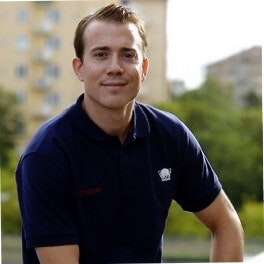
“There will be struggles between new and old ways of going to the market,” he says. “The old way will always try to protect the more slow way by trying to adapt the evidence-based and clinical trial pathway on everything within the sector. However, the microbiome area is very blurred in terms of where the line between preventive medicine, wellness, nutrition and the more established perspective coming out from traditional medicine research, is drawn.”
“We have yet only seen the tip of the iceberg,” he tells Sifted, listing off how the microbiome science could in future intersect with health areas such as inflammation, metabolic syndrome-related diseases, autoimmune problems, psychology, women’s health and sleep.
For him, Symbiome stood out for its strong founding team (based in computer science, bioinformatics and marketing) and a first-mover advantage in the Nordic market.
The biggest challenge he’s sees isn’t about proving the product at all, but about the foibles of Europe’s differing approval and remuneration regulations. “Changing market perspective and channel conflicts are always tricky,” he explains.
So are microbiome kits a big con?
“We can say what's wrong, why it's wrong and how you get it better,” said Biomes founder Paul Hammer on the Noah Berlin stage in June.
But you shouldn’t take his words at face value — yet.
This is not to say your ‘poo by post’ results have zero value, or that microbiome startups won’t play a part in actually validating clinical gut diagnostics: it may well be data collected by startups, and their trials, that bring breakthroughs in the sector.
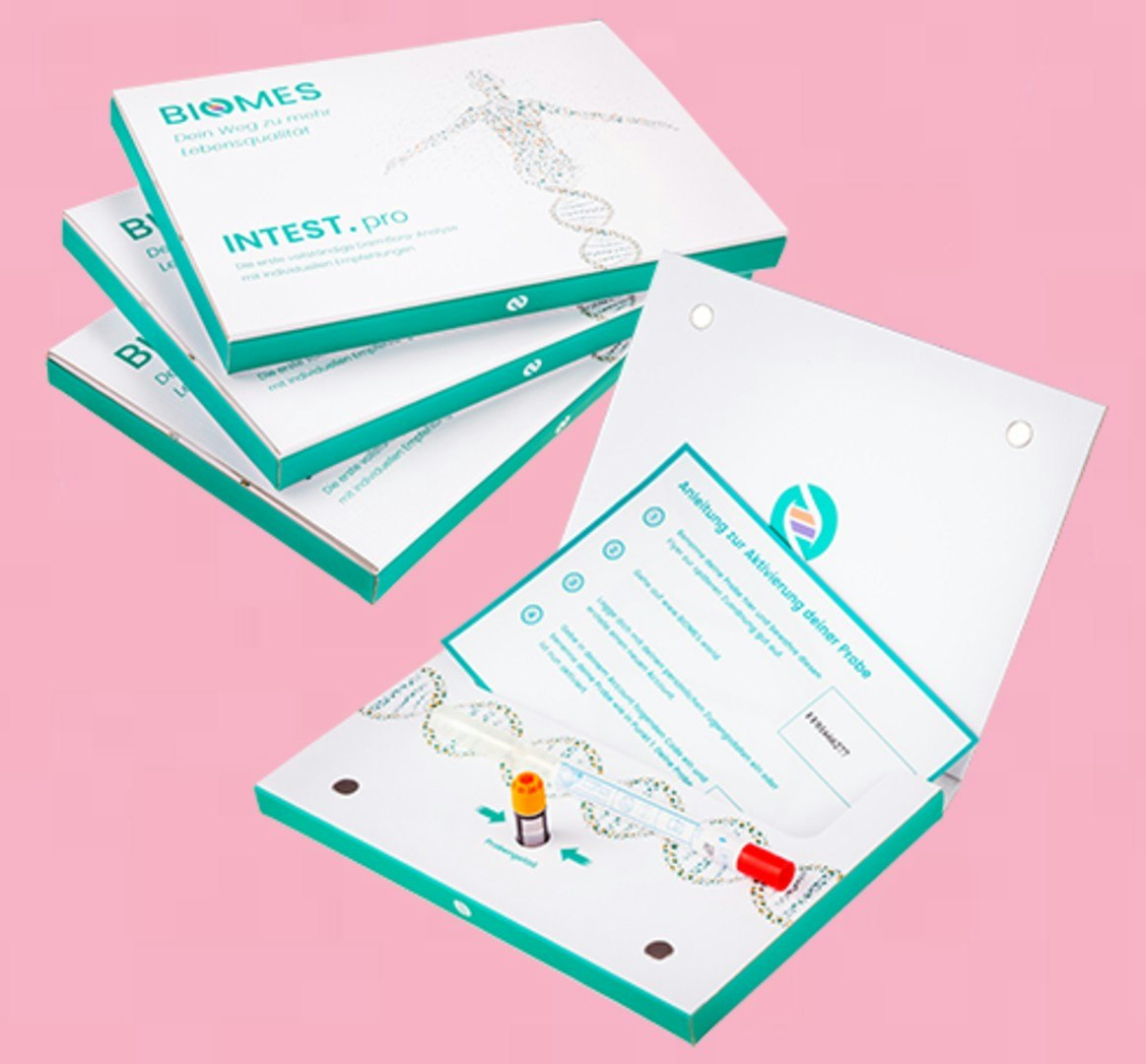
But unless a startup has completed clinical trials first, like DayTwo, there is a growing awareness that it cannot sell more than informed guesswork, even if it uses validated techniques to collect its data.
If you are curious and have a wad of cash to spare, sure these companies might give you some interesting, accurate, even useful, insights. But right now there remains a wide berth for them to get it wrong, and those seeking medically verified answers should generally steer clear (at the very least, think twice before buying into ‘recommended’ diets or products).
Gut health isn’t going anywhere: faecal transplants are the new norm, smart toilets already being built to analyse our stool, and startups are creating pills to help reprogramme your gut. But only, when more clinical studies fly or fail will we truly be able to flush away the duds.

